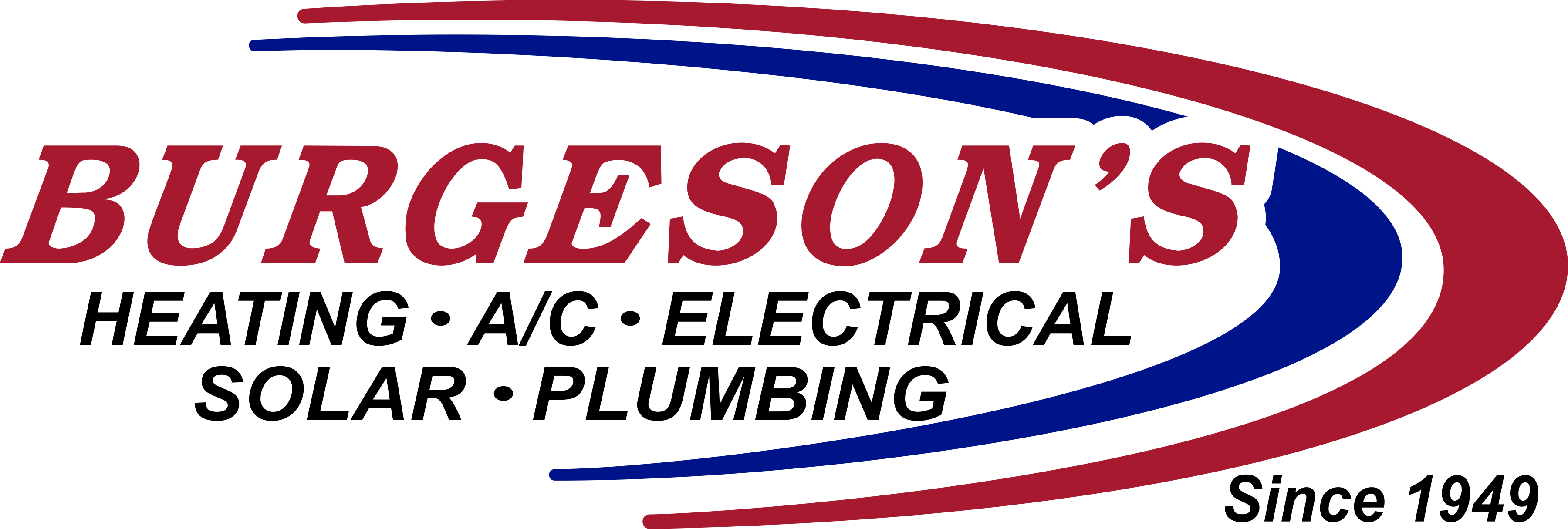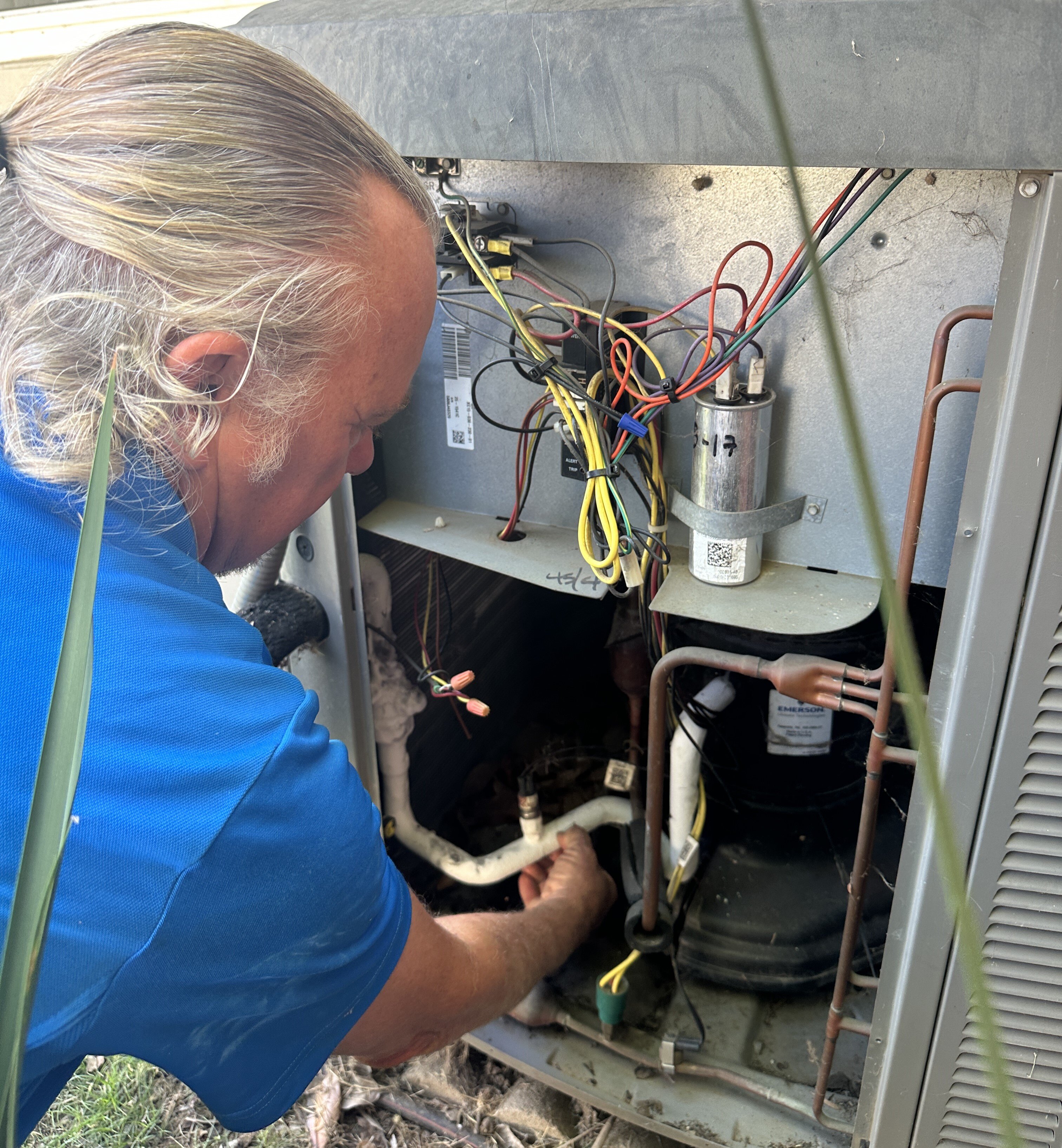Summer is right around the corner which means air conditioning and heating contractors can expect an influx of service calls in the near future. Especially during the warmer months, homeowners might notice a dripping sound coming from their unit. The cause may be a frozen evaporator coil which can drastically reduce comfort levels when homeowners need them most. So, why does this happen? To find out, we first need to explore how an air conditioning unit cools a home.
Need immediate help with repairing your AC? Request today and we'll send a tech right over!
The Joule-Thomson Effect
The Joule-Thomson effect is a principle in thermodynamics that states that if everything is kept constant, as gas expands and the pressure decreases, the temperature will also decrease. Similarly, if a gas is compressed, the temperature will go up. To explain further, what we perceive as temperature is actually a measurement of energy in molecules. Slow moving molecules feel cold while fast moving molecules feel warm. This same process goes on inside an air conditioning unit. The evaporator coil houses refrigerant which expands inside of it. In turn, this causes the coil to cool. The unit then blows the unconditioned home air over the cooled coil. The refrigerant then absorbs the heat from the indoor air which is transferred outside the home.
What causes an ac unit to Freeze up?
Technically, it's the evaporator coil that freezes inside the unit. This coil transfers/evaporates hot air from inside the home and sends it outside. One reason for a frozen evaporator coil is airflow restriction. Homeowners that neglect to change dirty air filters can experience air flow blockage due to clogged filtration. Closing off supply and/or return vents can cause issues with air flow as well. In turn, the cold air accumulates within the unit.
Similarly, insufficient refrigerant or a restriction in the refrigeration system can cause a frozen evaporator coil. Inside the ac unit, refrigerant begins as a liquid, converts into a gas, and then back into a liquid, however the refrigerant level will remain the same. A leak or restriction in the refrigerant line is the likely cause for low refrigerant levels.
Another issue that has not been discussed is attempting to cool your home too drastically. If your system is icing up when your thermostat is set below 70, you may be able to solve the problem by simply raising the temperature slightly.
A frozen evaporator coil cannot properly transfer heat outside of a home. Condensation forms and essentially, the coil cools itself to the point of freezing.
Solutions to a Frozen AC
Begin by turning off the unit completely at the thermostat. Do not attempt to thaw the unit by turning the temperature up on the thermostat. Make sure the air conditioning unit is completely turned off. Inspect the existing air filters and replace them if needed. Also, make sure all registers are unblocked by furniture, drapes, etc. If there is a refrigerant leak, call a professional service contractor. Request a service call with a NATE-certified technician to inspect your unit for damage and leaks. The culprit could be one major issue or a combination of small things.
Need an AC Repair in The Redlands Area?
Give us a call to inspect your unit before the summer rush starts. Call us at (909) 792-2222 or Request a service appointment online.













